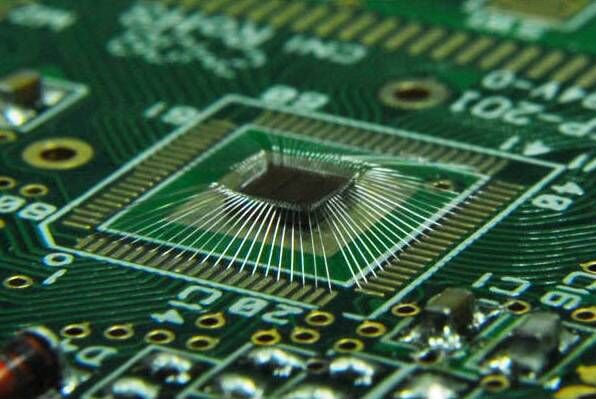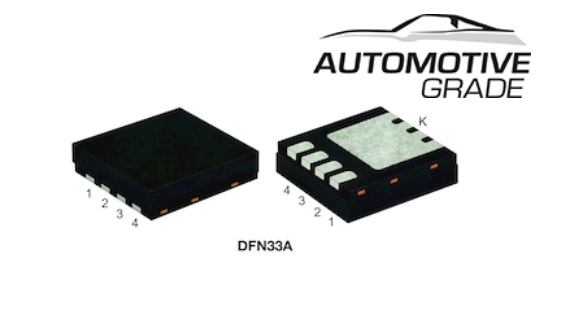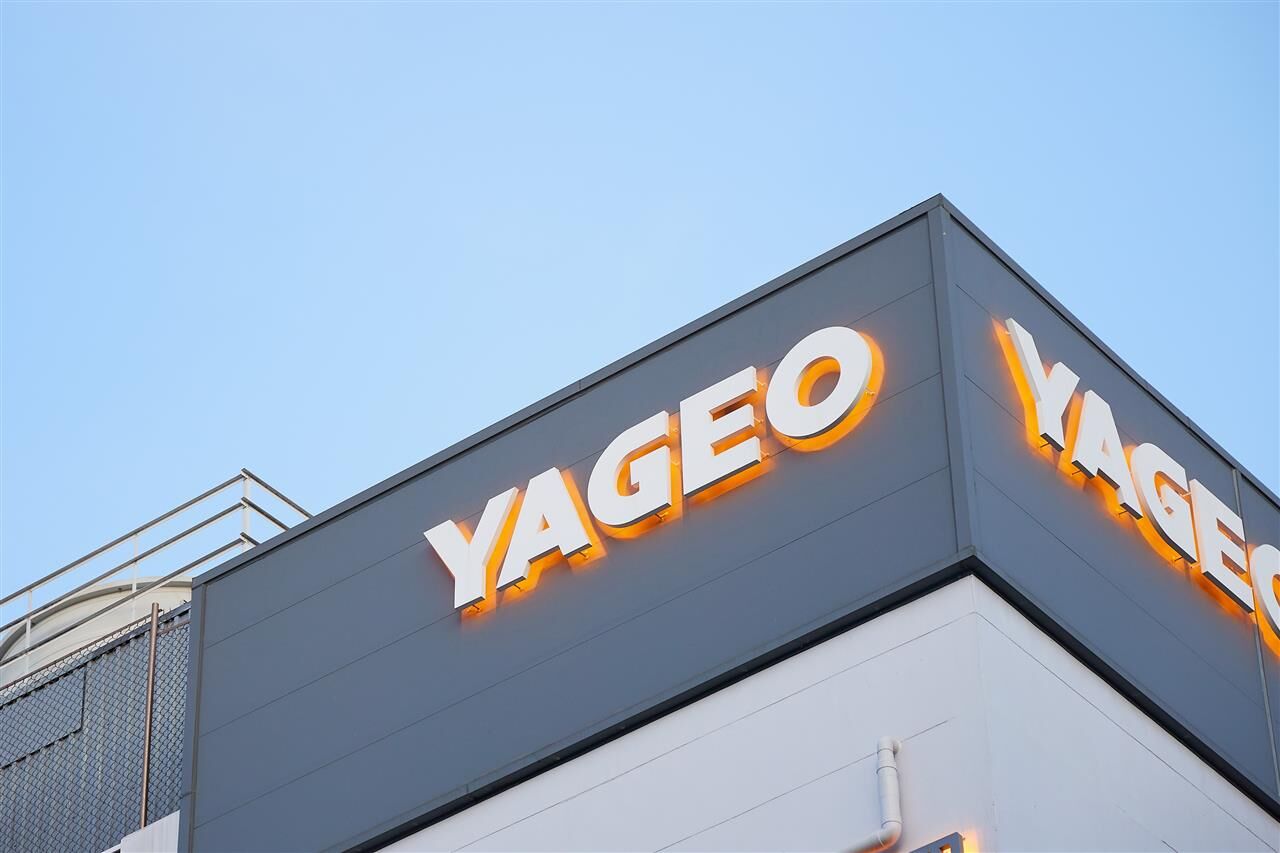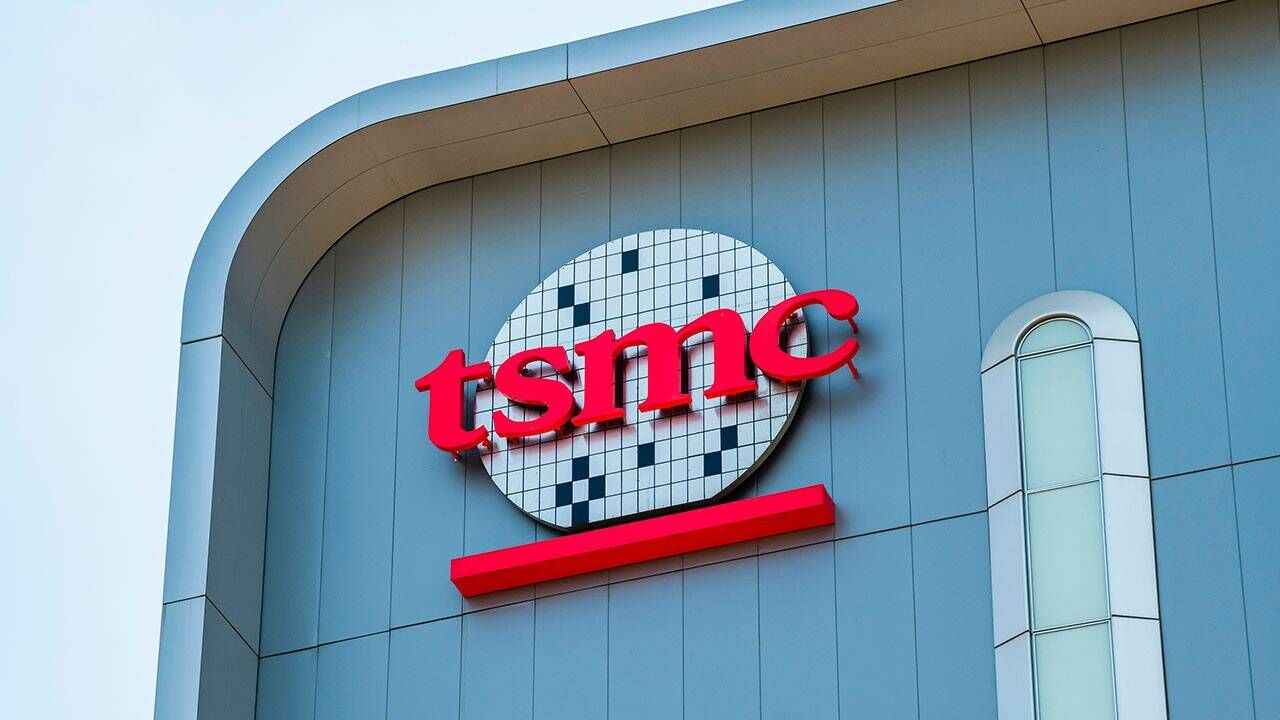March 27, 2025 /SemiMedia/ — More than 20 Japanese semiconductor back-end manufacturing companies are forming a supplier alliance to enhance domestic supply chain resilience and improve production coordination. The alliance will bring together packaging, testing, and material suppliers to boost industry competitiveness.
The outsourced semiconductor assembly and test (OSAT) supplier alliance is set to launch on April 21 in Tokyo and Fukuoka, with key participants including Amkor Japan and Aoi Electronics. The alliance is expected to represent 80% of Japan’s back-end semiconductor manufacturing sector and plans to recruit additional chip equipment and material suppliers.
Makoto Sumita, former chairman of electronic component supplier TDK and an external director at Nikon, will serve as the alliance’s chairman. The group aims to establish a complementary production infrastructure and introduce a joint procurement mechanism starting in the second half of fiscal 2025. A database consolidating operational data from member companies’ production facilities will also be developed to enhance collaboration.
To improve production efficiency, alliance members will collaborate with equipment manufacturers on optimizing production lines. Additionally, the group will partner with regional training institutions to develop a skilled workforce for back-end semiconductor manufacturing.
Semiconductor production consists of front-end and back-end processes, with front-end fabrication involving wafer processing and circuit etching, while back-end operations include packaging and testing. Japan’s back-end manufacturing has traditionally relied on overseas facilities, primarily in Asia.
Key global OSAT players include Taiwan’s ASE Technology Holding and U.S.-based Amkor Technology, which dominate the market. While Amkor Japan and Aoi Electronics are major players in Japan’s back-end sector, the country’s OSAT industry largely consists of smaller subcontractors serving major chipmakers.
The alliance aims to solidify Japan’s OSAT business environment, ensuring stable supply of semiconductors for automotive and industrial applications. It also seeks to collaborate with universities to advance next-generation back-end manufacturing technologies.












All Comments (0)